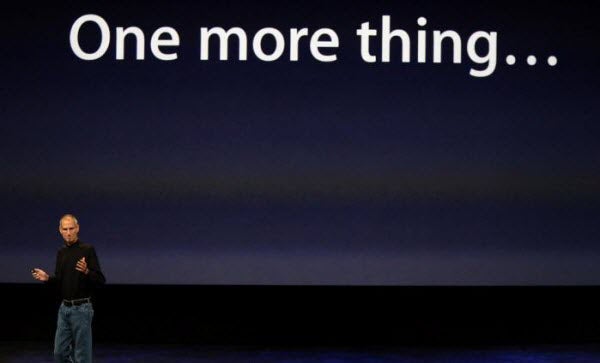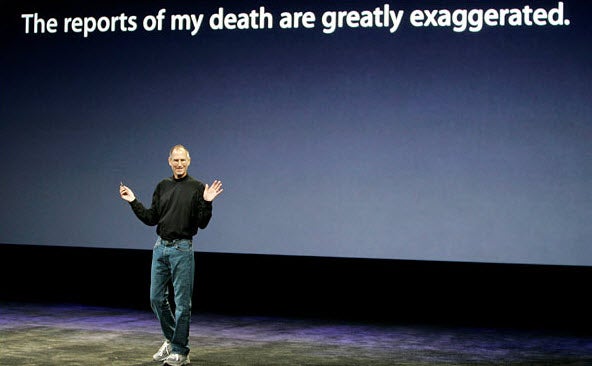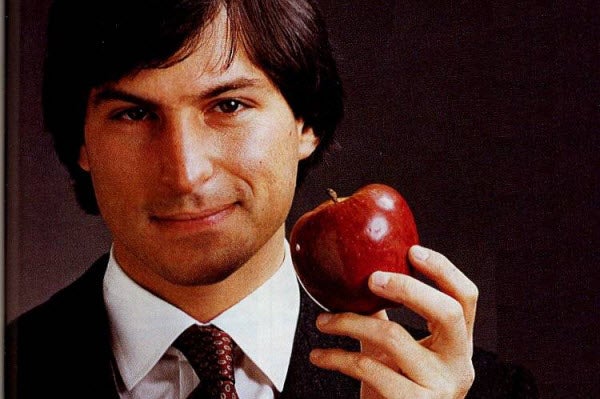Perception Versus Reality: What Now For Apple?

“I’ll always stay connected with Apple. I hope that throughout my life I’ll sort of have the thread of my life and the thread of Apple weave in and out of each other, like a tapestry. There may be a few years when I’m not there, but I’ll always come back.” [Steve Jobs, Playboy, Feb. 1, 1985]
On Wednesday Apple did what Apple does best: it made a significant announcement having kept the details in absolute secrecy. As we reported, Steve Jobs resigned as Apple CEO. As might be expected, Jobs did this in a passionate, individualistic tone: “I have always said if there ever came a day when I could no longer meet my duties and expectations as Apple’s CEO, I would be the first to let you know. Unfortunately, that day has come.”
The response to the news has been just as emotional. “He’s probably going to be remembered for the next hundred years as the best business leader of our time,” proclaimed Apple co-founder Steve Wozniak. Tweeters called for Apple Store vigils and that most reactionary of institutions, the stock market, stripped $24bn off the company’s market capital in just 10 minutes. The Wall Street Journal opined Should You Dump Apple? and Google shares leapt 10 per cent.
The problem lies in the sizeable gap between perception and reality. “I hereby resign as CEO of Apple,” everyone read from Jobs’ official letter. It was as if no-one spotted the follow-on sentence: “I would like to serve, if the Board sees fit, as Chairman of the Board, director and Apple employee.” It is a role that was immediately accepted and his ‘strong recommendation’ that Tim Cook replace him as CEO has also been followed. Who is Tim Cook? We have a full guide here. More to the point is Jobs assertion that “I believe Apple’s brightest and most innovative days are ahead of it. And I look forward to watching and contributing to its success in a new role.” 
The key word is “new”. Since Jobs returned to Apple in 1996 the company has benefitted from tremendous stability and a unique singularity of vision. More than any other technology company, more than any other multinational corporation, Jobs has been held aloft as the man who built an empire. This isn’t entirely true (Apple actually grew significantly during his 12 years away from the company), but it fuelled the public’s imagination and made them believe in an all powerful demigod controlling his employees like puppets on strings. Buying into this image has seen Apple become the most valuable company in the world, but also risked leaving it as one of the most vulnerable.

